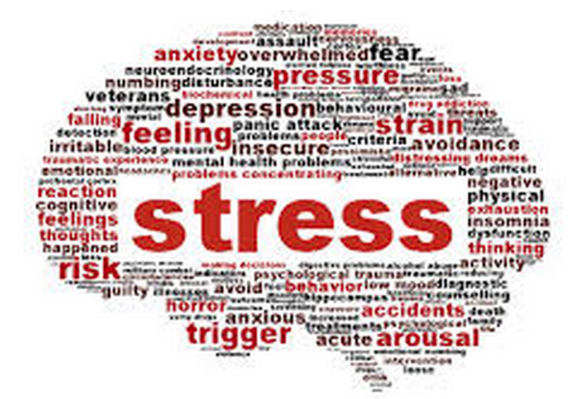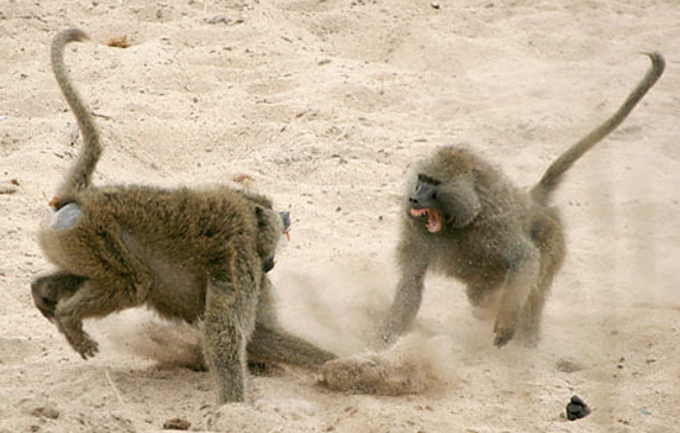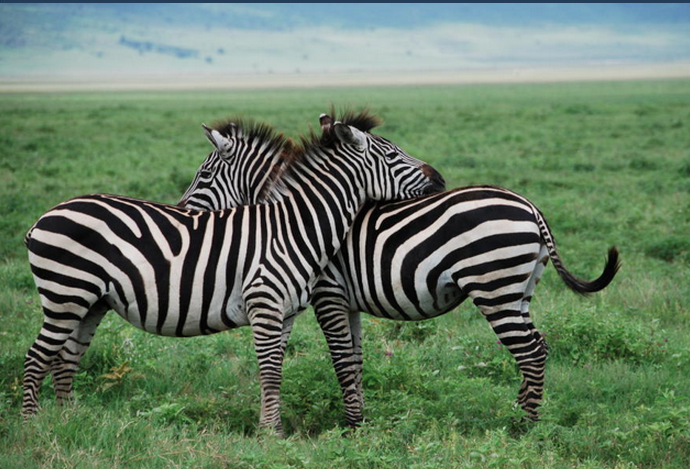Stress is our body’s response to change. It can come from any event or thought that makes you feel frustrated, angry, nervous or even just confused. It’s called the “fight or flight” response, and it’s genetically coded into our bodies, dating back to caveman days: When we had to fight for our lives, fight for our food, or take flight from stampeding wooly mammoths, it only makes sense that our bodies adapted to deal with these situations as quickly and as efficiently as possible.
And what does that look like? What exactly happens to our bodies when we kick into “fight or flight” mode?
It starts with the heart. As our heart rates increase, so do our blood pressure levels. Breathing accelerates, eyes dilate, and blood is shunted away from the stomach (sometimes to the point of halting digestion). Chemicals like adrenaline and noradrenaline are dumped into the bloodstream to give us the energy we need to react quickly. Our bodies are responding to a real threat (or, more often, a perceived threat, like a traffic jam or an urgent email from a colleague), and suddenly our bodies are preparing ourselves for action.
There’s a neurobiologist, Robert Sapolsky, who studies stress and made a terrific PBS documentary about it a few years ago. I had the honor of sitting on a panel with him at a USC event a few years ago where I learned more about his work. His documentary was called “Stress: Portrait of a Killer.” How’s that for a dramatic title? Well, Sapolsky does a beautiful job showing us how the stress response process plays out in the animal kingdom, using it as a metaphor for modern day human behavior.
Sapolsky shows us that we have a little too much in common with the wild baboon.
Baboons And Stress
Think about it: Baboons have it pretty easy. They spend 3 hours a day gathering their food…And that’s it! That leaves them with 21 hours to sleep, mate, and relax. Sounds like a pretty great existence, doesn’t it? But have you ever seen them in action? Here’s how they spend all that free time: They make each other miserable.
They scream at each other, they jump on each other, they attack each other – basically, they act like baboons. So they’re extremely stressed out! And for no good reason. They’re not running from lions. They’re just choosing to drive each other, and themselves, crazy with all their racket. They’re like us: So much of our stress seems beyond our control…and as a result, we end up acting a bit like baboons.
Zebras, on the other hand, have a whole different approach to stress.
Zebras And Stress
You’ve seen them at the zoo, or on TV – they’re pretty calm animals. But when they’re running from a pack of lions, their stress responses kick in.
Adrenaline starts pumping through their systems, oxygen gets pumped into their bloodstream, and they run for their lives. And then, just like that, it’s over. The chase ends. Because either the lions catch them, or they get away. And when they get away, they don’t start zebra support groups: “OH MY GOD, CAN YOU BELIEVE WHAT THAT LION WAS DOING? I NEED A DRINK!” Nope. When they’re out of danger, their stress responses simply shut off, and they go about their zebra business. They stay calm, steady, and relatively stress-free.
Well, most of you probably aren’t worried about a pack of lions. Most of you are more concerned about the complexity of your jobs, or managing your home life. Those are all stressors unique to you. And we all have some form of those stressors in our lives. Now, in small doses, stress can be a good thing. Some of us work well under pressure, so most of the time, a little stress just puts a fire in our bellies, motivating us to succeed. But a little bit goes a long way. Because with stress – and, more importantly, our bodies’ response to stress – there’s a tipping point. And when we go past that point, we actually start to affect our brains negatively, on a cellular level.
We’ve all been there. You’re overloaded with work, and suddenly you realize you’ve missed an important meeting, or you forgot your in-law’s birthday – or even worse, an anniversary. Sound familiar? Or you’re running late to a meeting, and suddenly you can’t find the car keys, and it turns out they’re in your hand. Then there’s the classic leaving-the-coffee-cup-on-top-of-the-car. Anyone ever made that mistake? It happens to all of us. And we just chalk it up to being busy. But sometimes there’s more going on.
The bottom line: Stress wreaks havoc on not only our brains, but also on our bellies. That’s why it’s important to manage stress in our lives. It’s essential to our brain function and overall health.




